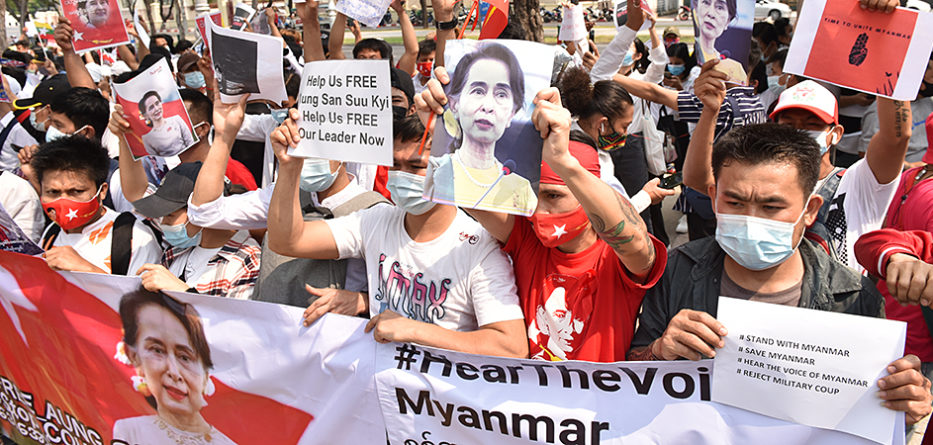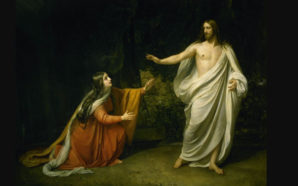Huge protests against the 1 February military coup
Braving fear, tens of thousands of people took to the streets in towns and cities throughout Myanmar on Sunday 7 February to denounce the dictatorship that is once again gripping their country.
One week after the putsch that put an end to the political transition that began in 2015, the protesters expressed their rejection of the army and their support for Aung San Suu Kyi, a national figure of resistance to the generals.
They also affirmed their desire for democracy, that is, to be able to contribute, through their vote, to the development strategies decided at the highest level of the state. The junta is defending a system of monopolisation of power and economic resources by the military hierarchy.
The military hierarchy has resorted to arms to defend its privileges and to cancel the November 2020 legislative elections, the results of which were very unfavourable to the junta.
Its actions are condemnable and inexcusable.
The events are taking place in a country made up of a mosaic of ethnic groups where the nation-state model is inapplicable, or at the cost of extreme violence. This was demonstrated by the ethnic cleansing of the Rohingya in 2017.
Powerfully supported by China, the army seems destined to reign by playing on the nationalism of the Bamar ethnic group — the majority — and on the fundamentalism of a fringe group of Buddhist clerics.
Conversely, a slow process of consultation and confidence-building has been driven in recent years by Aung San Suu Kyi’s National League for Democracy, which won the recent elections.
It is to be hoped that this broken thread will soon be repaired. In any case, it is in this direction that European pressure must be exerted.
Jean-Christophe Ploquin is a senior editor at La Croix, where he has worked since 1990.
Reproduced with permission from La Croix International and Jean-Christophe Ploquin.








